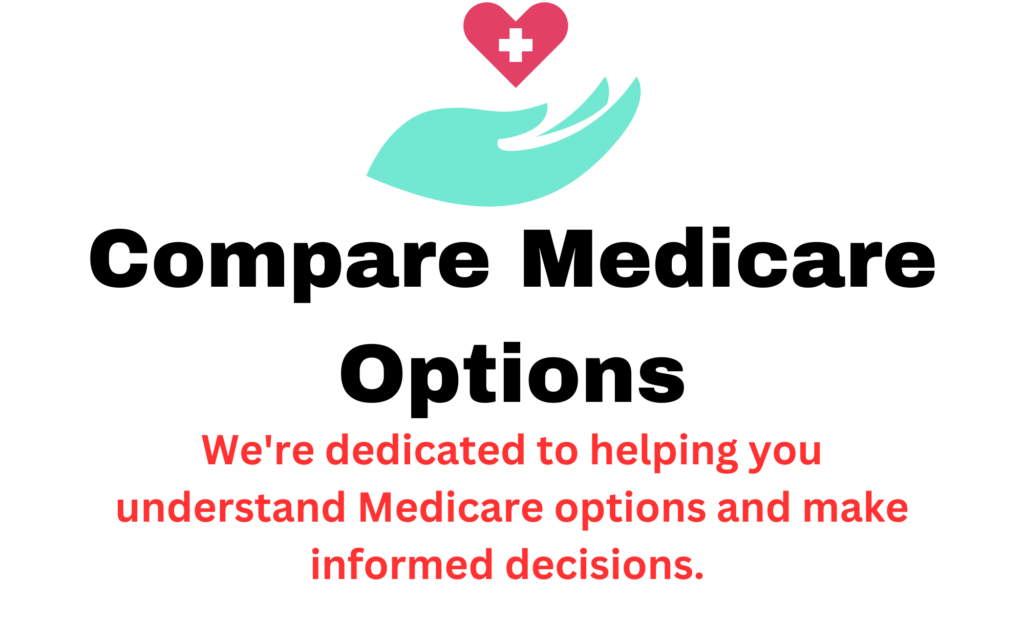Medicare Advantage Private Fee-for-Service (PFFS) plans offer beneficiaries the flexibility to receive healthcare services from any Medicare-approved provider who accepts the plan’s payment terms.
Unlike traditional Medicare Advantage plans with provider networks, PFFS plans determine how much they will pay for covered services and how much the beneficiary will pay.
While beneficiaries have the freedom to choose their healthcare providers, it’s essential to review the plan’s terms and conditions to understand how costs and coverage are determined.
With a PFFS plan, you’re not limited to selecting a primary care physician, nor are you required to obtain a referral to consult a specialist.
Here’s how it functions:

A Private Fee-for-Service (PFFS) plan typically covers a broad range of healthcare services similar to traditional Medicare coverage. These services often include:
Hospital Care: Coverage for inpatient hospital stays, including room and board, nursing care, and other medically necessary services.
Medical Services: Coverage for doctor visits, outpatient care, diagnostic tests, and medical procedures performed in a healthcare provider’s office or outpatient facility.
Preventive Care: Coverage for preventive services such as screenings, vaccinations, and annual wellness visits.
Emergency Care: Coverage for emergency room visits, ambulance services, and urgent care services.
Prescription Drugs: Some PFFS plans may include prescription drug coverage (Part D) as part of their benefits package, while others may require beneficiaries to enroll in a separate Part D plan.
Specialist Care: Coverage for specialist consultations and services, including visits to specialists such as cardiologists, dermatologists, or orthopedic surgeons.
Mental Health Services: Coverage for mental health care, including outpatient therapy, counseling, and inpatient psychiatric treatment.
Rehabilitative Services: Coverage for rehabilitative therapies such as physical therapy, occupational therapy, and speech therapy.
Durable Medical Equipment (DME): Coverage for medically necessary durable medical equipment such as wheelchairs, walkers, and oxygen equipment
Understanding the differences between Private Fee-for-Service (PFFS), Health Maintenance Organization (HMO), and Preferred Provider Organization (PPO) Medicare Advantage plans is essential for beneficiaries to choose the right plan for their healthcare needs. Here’s a breakdown of the distinctions:
Private Fee-for-Service (PFFS) Plans:
Health Maintenance Organization (HMO) Plans:
Preferred Provider Organization (PPO) Plans:
Choosing Between PFFS, HMO, and PPO Plans:

Enrolling in a Private Fee-for-Service (PFFS) plan follows the same guidelines as other Medicare Advantage plans. Beneficiaries can typically enroll in a PFFS plan during specific enrollment periods:
Initial Enrollment Period (IEP): This is the first opportunity for most individuals to enroll in Medicare, lasting for seven months. It begins three months before the month of the beneficiary’s 65th birthday and ends three months after.
Annual Enrollment Period (AEP): Also known as open enrollment, this period runs from October 15 to December 7 each year. During AEP, beneficiaries can:
Medicare Advantage Open Enrollment Period (MA OEP): Occurs from January 1 to March 31 annually. During this period, beneficiaries who are already enrolled in a Medicare Advantage plan can switch to a different plan or return to Original Medicare.
Special Enrollment Period (SEP): Certain circumstances may qualify individuals for a special enrollment period, allowing enrollment or changes to a PFFS plan outside of the standard enrollment periods. Qualifying events might include moving to a new location, losing employer-sponsored coverage, or experiencing a life-changing event. It’s best to consult with a licensed Medicare insurance agent to determine eligibility for an SEP.


COSI Agency stands ready to guide you through the process of enrolling in a Medicare Advantage Private Fee-for-Service (PFFS) plan. With our expertise and personalized assistance, we ensure you navigate your options with confidence and clarity. From understanding plan benefits to completing enrollment, our team is dedicated to making your transition to a PFFS plan seamless. Trust COSI Agency as your partner in securing the healthcare coverage you deserve. Get started with us today and experience peace of mind knowing you’re making the best choice for your healthcare needs
Evaluate various Medicare options.
Request pricing details from insurers or brokers.
Consult experts for personalized guidance.


Let us help you navigate your Options that aligns with your healthcare needs and budget


Schedule a free consultation with us today
We do not offer every plan available in your area. Any information we provide is limited to those plans we do offer in your area. Please contact Medicare.gov or 1-800-MEDICARE to get information on all your options.
©2023 COSI Agency – All rights reserved
Designed by Top-Rated